.webp)
© History Oasis
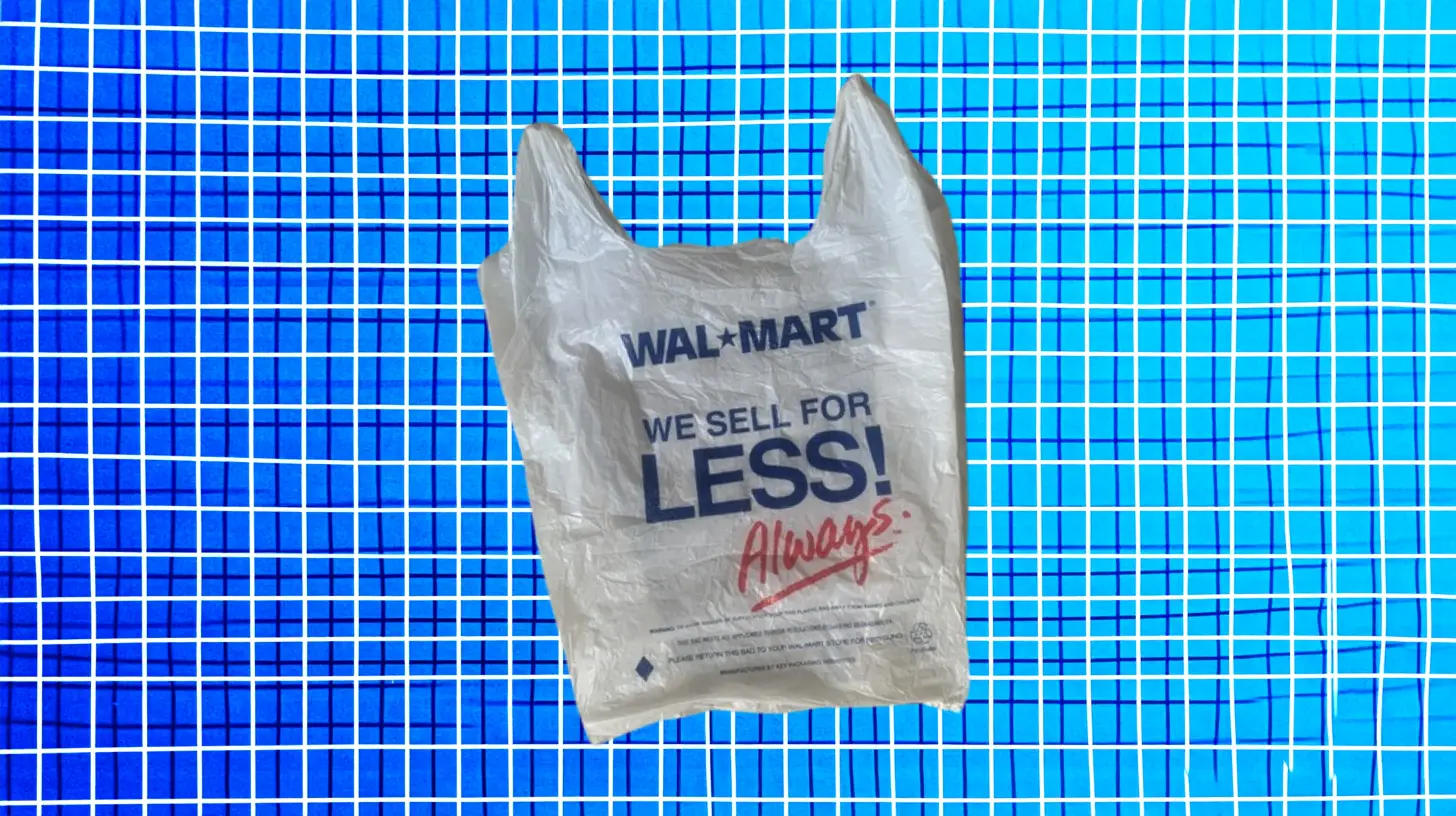
1962-1970s
The original battle cry. We Sell for Less was Sam Walton’s first retail slogan when he opened that tiny Rogers, Arkansas store. Using magnetic signs on vehicles, he rolled into rural communities with this simple promise. By centralizing purchases, he undercut competitors by 10%. From a $20,000 loan to 30 stores dominating sales. This slogan built an empire on savings.
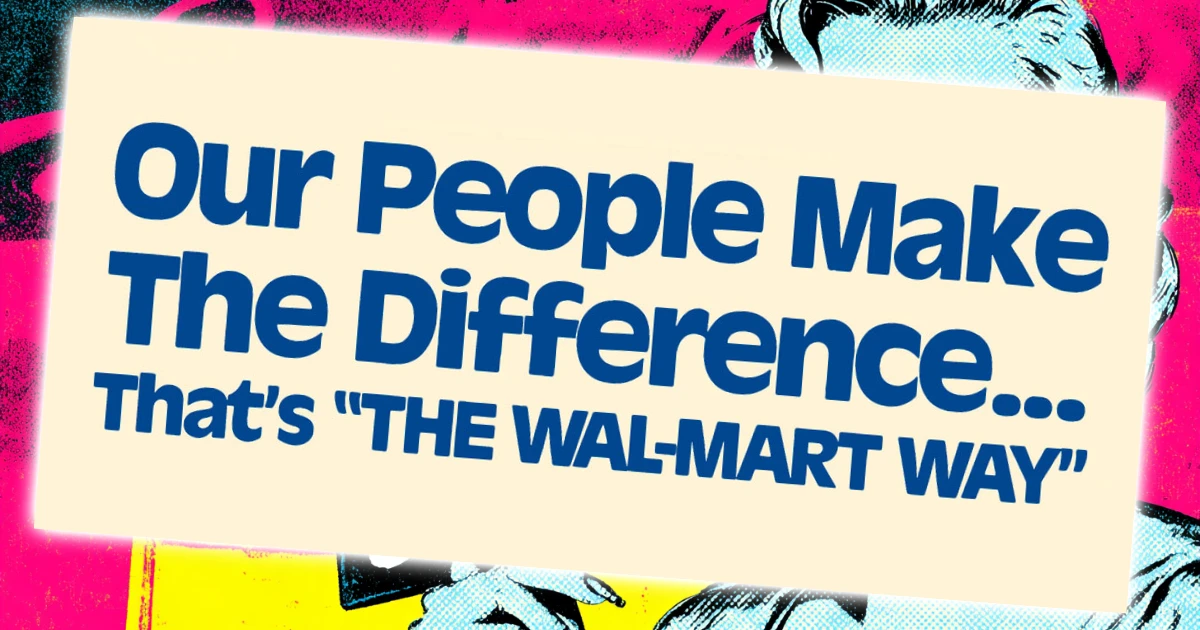
1980s
The retail slogan that gave Walmart a human touch. As Walmart expanded beyond Arkansas, Sam shifted focus to his associates. This was peak Walton showmanship. The campaign featured his legendary Wall Street hula dance in 1984 after hitting 8% profits. Sales rocketed from $1B to becoming America’s fastest company to reach $100B. Growth via its people was the mantra.

1988-1994
This aggressive slogan declared Walmart the price leader against every competitor in America. Sales exploded to $15.9B by decade’s end. But success bred controversy—competitors cried foul, claiming it was deceptive. The National Advertising Review Board agreed, ending this iconic slogan with legal drama.

1994-1996
After the previous advertising showdown, Walmart cleverly changed “price” to “prices” — a tiny tweak that solved big problems. This plural version gave legal flexibility while keeping the “Always” brand power. One letter made all the difference in saving the campaign.
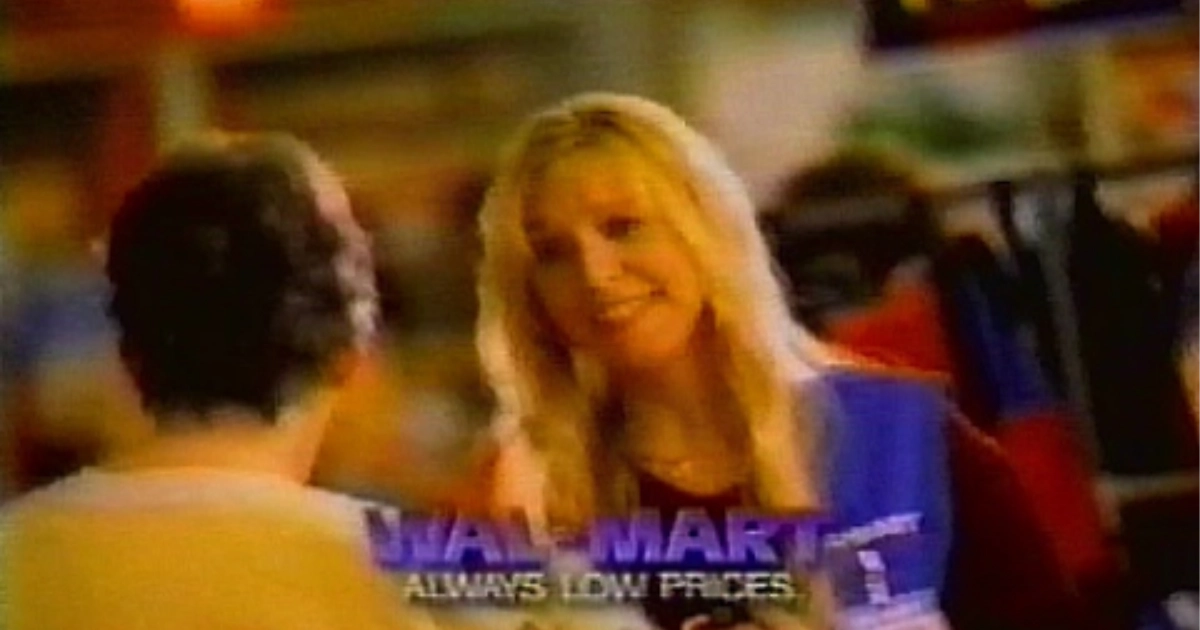
1996-1999
Adding “Walmart” to the slogan during massive expansion meant stronger recognition as they conquered new markets. This new and improved slogan was used in Walmart’s international growth phase. Every ad needed to scream the Walmart name as loudly as the price promise.
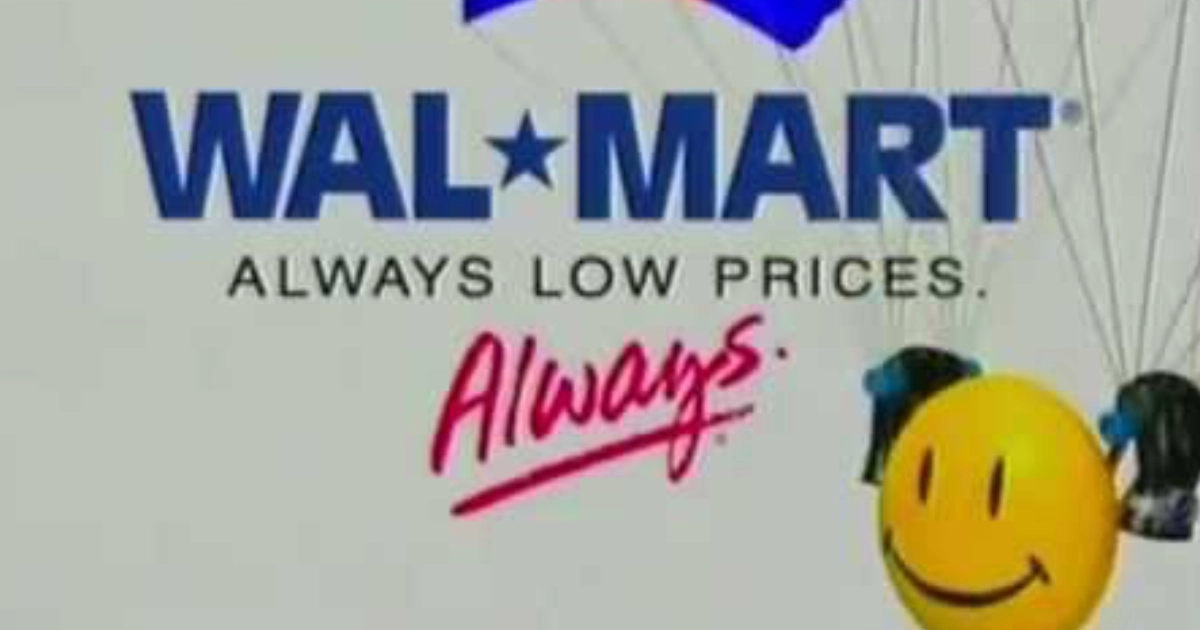
1999-2007
The Smiley Face years. Walmart returned to the simplified slogan but added its iconic bouncing mascot. “Watch for Falling Prices” campaigns showed price signs crashing to Patsy Cline’s “I Fall to Pieces.” The 3D smiley donned costumes until legal battles with France’s Smiley Company killed the fun around 2006.
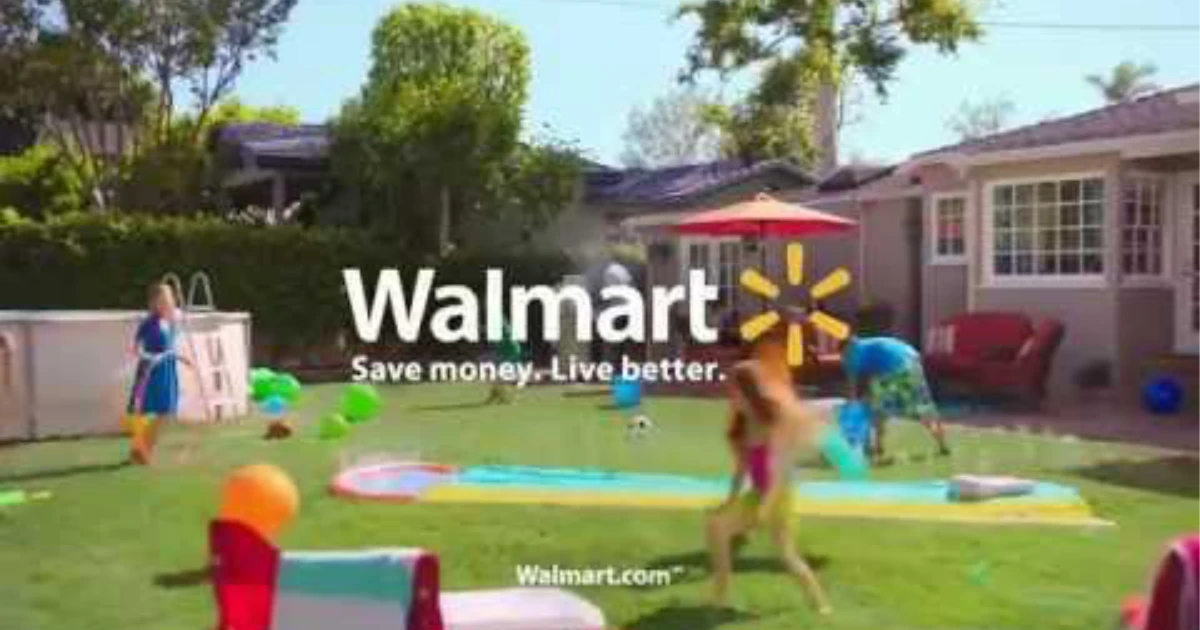
2007-present
After 20 years of price wars, Walmart discovered its heart. This slogan came straight from Sam Walton’s 1992 Presidential Medal speech about giving everyone “a better life.” Launched during gas price spikes, it promised families $2,500 annual savings. Four words that transformed cold retail into a warm lifestyle.

1985
The patriotic misfire. This was Walmart’s campaign to promote American-made goods. It sounded great until investigations revealed many items were actually imported. This well-intentioned initiative backfired spectacularly.
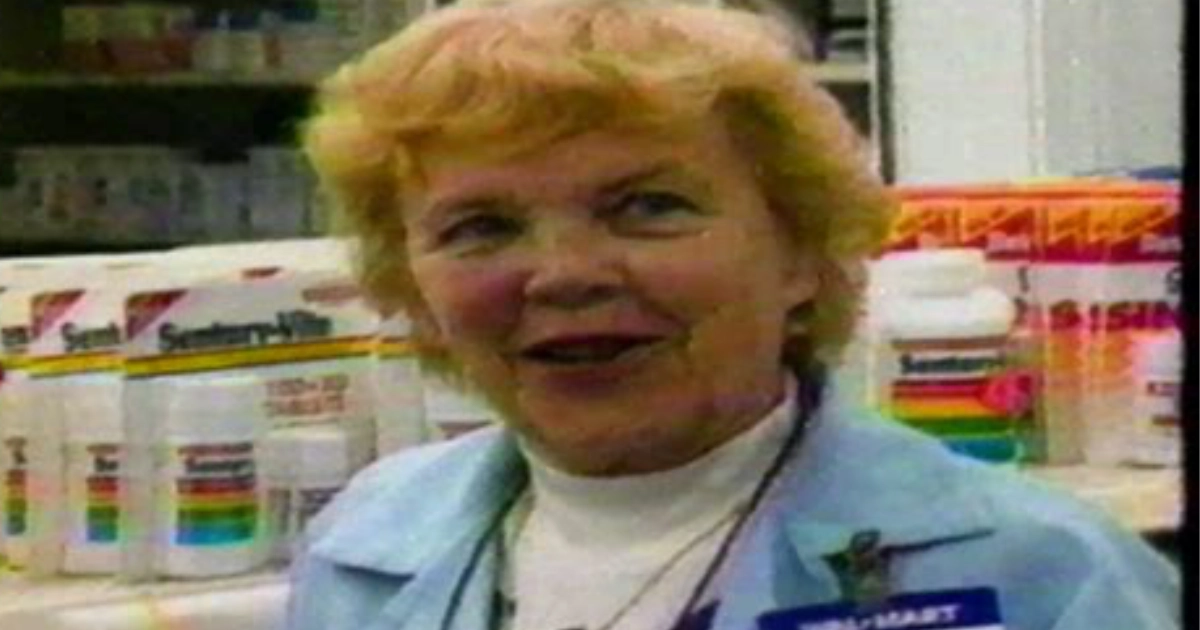
1996-2006
That bouncing yellow smiley became Walmart’s 3D spokesperson, crashing through stores and ads. But France’s Smiley Company sued, claiming trademark infringement. After years of legal warfare, a confidential 2011 settlement ended the saga. Smiley briefly returned in 2016 before vanishing forever.